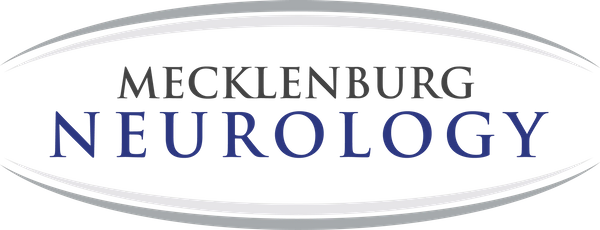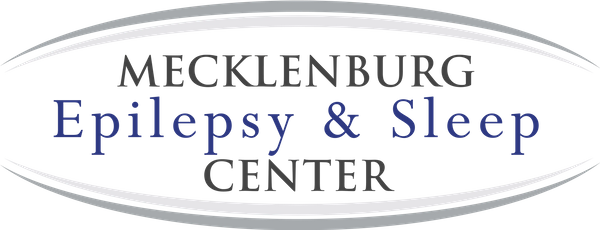Dementia
Dementia is not a disease, but rather an all-encompassing term to describe symptoms of cognitive decline such as communication and memory issues. We can help.
Contact Us ⟩

Dementia is not a disease, but rather an all-encompassing term to describe symptoms of cognitive decline such as communication and memory issues. This neurological condition is not a normal part of aging, but the chances of developing it do increase as we grow older. Though dementia is often linked to Alzheimer’s, there are several other causes as well.
Our physicians at Mecklenburg Neurology are knowledgeable and experienced in the diagnosis and treatment of dementia. We understand the sensitive nature surrounding dementia, and we are committed to treating every patient with the utmost care.
Symptoms of Dementia
As with any condition, symptoms of dementia can be vast and varied. Individuals with the condition may have difficulty:
- Remembering things
- Finding the words to communicate effectively
- Problem-solving
- Organizing or planning things
- Performing complex tasks
Individuals with dementia may also become confused or disoriented easily. For example, they may get lost driving, even if they have previously driven that route. Family members may also notice obvious changes, such as:
- Depression
- Anxiety
- Personality changes
- Inappropriate behavior
- Agitation
- Hallucinations
- Paranoia
These symptoms alone do not mean that an individual has dementia. However, if you notice these changes, it’s important to schedule an examination with your Charlotte, NC neurologist to determine the underlying cause.
Types of Dementia
Because dementia is linked to several different conditions, it can be broken down into different categories. Here are some of the most common types of dementia:
- Alzheimer’s disease: Approximately 60 to 80 percent of individuals with dementia have Alzheimer’s. Symptoms are mild in the beginning and progress over time.
- Vascular dementia: This type of dementia is caused by a stroke. Symptoms depend on the area of the brain affected.
- DLB: Named after the doctor that discovered the condition, this acronym stands for “dementia with Lewy bodies”. These are protein deposits that can form in the brain’s cortex. Individuals with this condition often have hallucinations, issues with “blanking out”, or problems thinking clearly.
- Parkinson’s disease: About 50 to 80 percent of individuals with Parkinson’s disease develop dementia. Symptoms, which are similar to those of DLB, typically surface about ten years after the onset.
- Mixed dementia: In some cases, patients develop combined dementia – or a mixture of two different types. The most common is vascular and Alzheimer’s.
- Dementia has also been linked to Huntington’s disease, Creutzfeldt-Jakob disease, Wernicke-Korsakoff syndrome, and other conditions. Treatment often depends on the type of dementia your loved one has.
Risk Factors
Dementia carries certain risk factors, such as age and genetics. These, of course, cannot be changed. However, the following risks can be reduced through a healthy diet, exercise, and lifestyle changes:
- Diabetes
- Smoking
- Excessive alcohol use
- Sleep apnea
- Depression
- Vitamin D, B-6, and B-12 deficiencies
- Treating these conditions directly can reduce your risk for dementia. Ask your Charlotte, NC neurology team for more information.
Treating Dementia
In most cases, dementia cannot be cured. However, it can be managed with a number of treatments. These may include:
- Medications, such as mematine or cholinesterase inhibitors
- Occupational therapy
- Simplifying tasks and structuring routines
- Modifying the environment to reduce clutter
Receiving a dementia diagnosis can be devastating, both for the patient and for the family. Our team will work with you to ensure you have all the resources you need to navigate this difficult time.
Contact Our Practice for More Information
If you are concerned that a loved one has dementia, schedule a neurology consultation at our Charlotte, NC practice.
Our skilled and knowledgeable team is standing by to answer any questions you may have. Give us a call today at (704) 335-3400.

